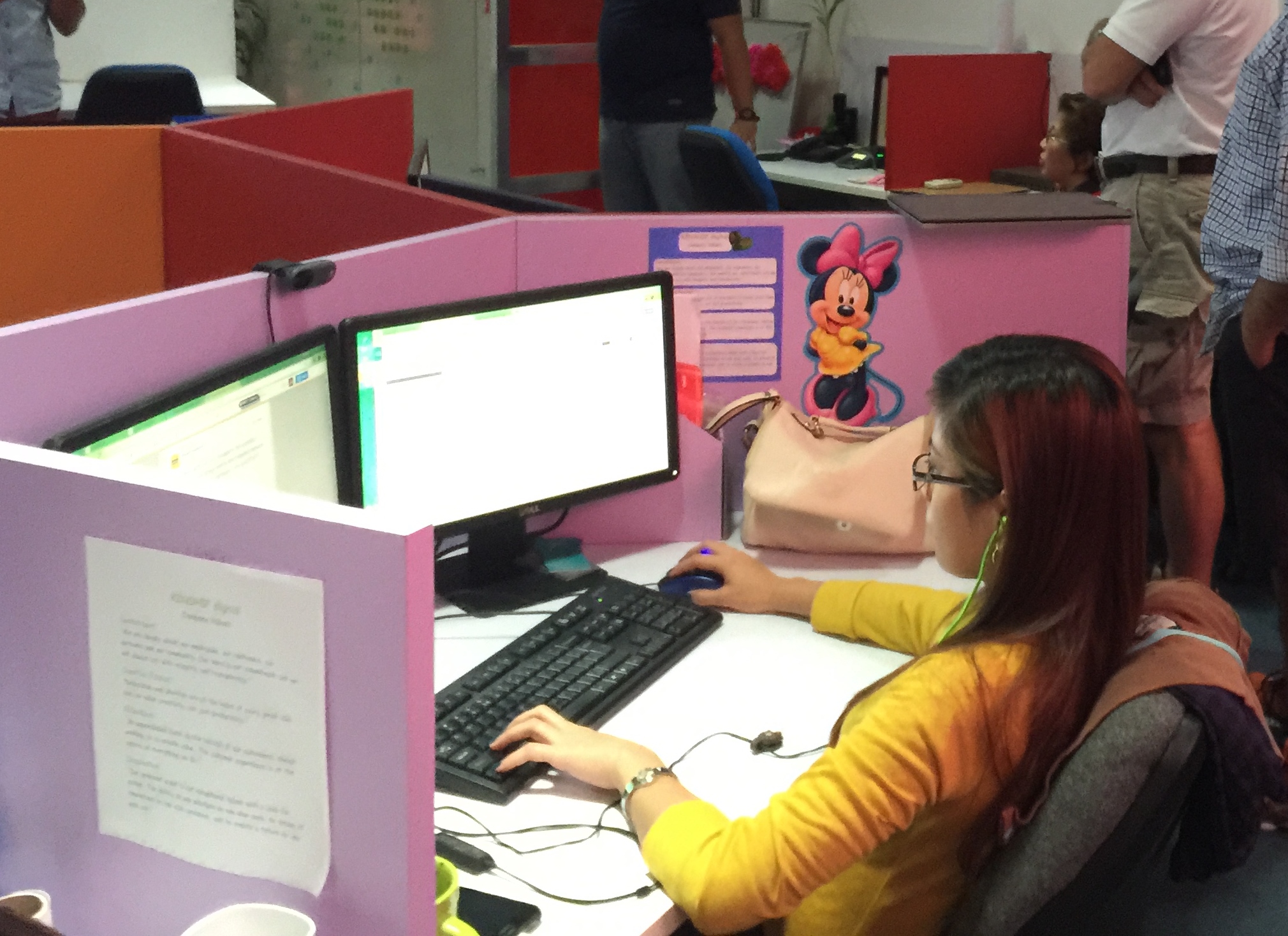What is an “all-rounder” employee?
Most small or medium businesses start successful global sourcing by hiring all-rounder employees. An all-rounder employee is an office worker able to complete most jobs,roles, or tasks in a typical small family company or business.
This employee can answer the phone, check the mail, can respond to simple administrative e-mails, sort reminders and messages, and complete general reports. They also are available to tell you when things are wrong, can pay bills, send accounts, do odd bookkeeping, run payrolls, short list job applicants, etc. This employee is used to fill the gaps in the office, as is required, when staff is absent.
Who might this employee be?
When sourcing globally for this employee, you would be looking for the following traits:
- This employee may have good written English skills, while their spoken skills will include a low accent. This employee is also able to follow instructions both written and verbally with little supervision and questions.
- The ideal employee may have worked in the office of a smaller business or in a business environment before, and that has exposed them to a wide range of office duties.
- Skills would include a sound knowledge of Microsoft Office forwards and backwards – although a Lynda.com training can quickly bring someone up to the latest versions. Online training programs can quickly fill the gap of skill deficiencies.
- The perfect globally sourced employee would see “office administration” work as being “their thing” and core competency. These employees should be organised with some attention for detail while following instructions.
The best way to find one of these employees is to test lots of applicants and select the best response to a short list. Then, organise a Skype interview to check their wow factor and determine who stands out from the crowd. The interview is the opportunity to test that you and the team can “connect” with them. Always look for a team player who is willing to learn your business culture.
What common tasks could this employee do?
Test by giving them access to your email & calendar, etc. allowing the new employee to:
- Sort and keep “clean” your contacts,
- Delete rubbish emails before you see them,
- Arrange things – appointments, purchases, flights and hotels accommodations
- Remind you about things
- Read your outgoing mail so they understand where you are “at”,
- Over time, learn and respond to simple requests (e.g. appointments)
- Answer phone calls with real scenarios from your workplace
- Keep your expenses up to date – take care of simple bookkeeping tasks
- Administration tasks – check and report to you on time (sheets, your weekly /regular KPI’s, etc.)
- Have them listen into meetings to take notes and reminders
- Run small structured processes – like I collect lots on business cards from people talking to me – I put these into a scanner, my Personal Assistant logs into my LinkedIn and invites them to connect with me.
- Short list, new job applicants, etc.
Selecting any of these skill tests is likely to yield a result required for your all-rounder. A little bit of all skills also provides the weaknesses and strength for future training requirements needed for your staff member.
The Don’ts.
- Do NOT go for fantastic spoken English – these people can easily earn a higher salary in the Sales Call Centres and will jump ship easily. As a rule, we find staff turnover is high when people have outstanding English skills. Of course English proficiency is a must.
- Avoid employing a new employee for less than 40 hours a week. When you offer them (say) 20 hours a week, they will smile and accept (without explanation). Then, as they need 40 hours to feed themselves and family, they will simply work for you while continuing to look for another job, to achieve the necessary 40 hours+ per week.
How about challenges?
- YOU – the Australian business person is usually the cause of failures in global sourcing. It is important that you understand and learn the tricks of conveying your instructions and managing your employees’ workload. Indeed, exactly as you did at some stage when employing Australians. Good global sourcing providers have great advisers and reports to assistants/managers to get things right with your staff.
- “Americanism” in the global sourcing employees’ spoken English is an issue for us Australians. Australians happen to speak rather quickly and use different terminology for common phrases. Australians also run words and sounds together and we use a LOT of slang. American English is taught in schools in the Philippines and employees have worked for American companies a lot longer than Australian companies.
We estimate 80% of well-educated, well-spoken Filipinos do NOT fully understand what we say when we first meet. The good news is Filipinos have an amazing ability to pick up language variances quickly. Given time, their accent will also evolve into more “Australian-like”. Good global sourcing providers go out of their way to Australianise their people with training and programs available to these employees.
How do I find and engage an “All-Rounder”?
Come to Manila and BOOK on our 3 Day Business Learning Tour. Contact us via the MikesManilaTours website. It’s a great way to learn and talk with fellow Australian business owners. Discover the do’s and don’t’s whilst visiting real workplaces and seeing firsthand the latest trends and effective business development.
For more information please contact us by filling up the contact form on the left side of this page.
